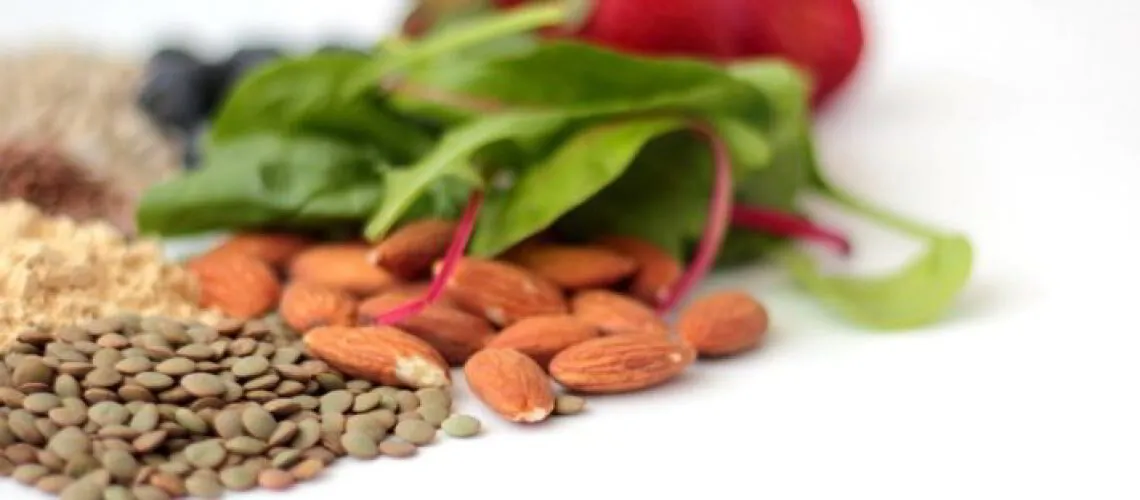Polycystic ovary syndrome (PCOS) occurs in 5 to 10% of women and is one of the most common cause of infertility. PCOS is often under-diagnosed since it is a clinical syndrome with many different presentations.
The diagnosis requires at least 2 of the following 3 criteria:
- Ovulatory dysfunction causing menstrual irregularity
- Clinical or biochemical evidence of hyperandrogenism (excess facial hair, male pattern hair loss, increased testosterone)
- Polycystic ovaries
Symptoms can include :
- Irregular periods (but your periods do not have to be irregular)
- Acne
- Excess hair growth
- Trouble losing weight
- Anxiety, depression or both
60-70% of PCOS patients have an insulin resistant type which means that their body has trouble properly processing the hormone insulin, leading to blood sugar imbalances, and an increased risk of cardiovascular disease and diabetes.
For patients with an insulin-resistant PCOS, diet is an important treatment intervention to help normalize blood sugar levels.
Here are 5 dietary tips for managing your PCOS symptoms :
- Cinnamon 1-3g/d- research has shown cinnamon is equivalent to metformin for reduced LH, testosterone and improved metabolic profile for women with PCOS
- Walnuts/Almonds – 1/2 cup – research has shown this amount per day can help reduce bad cholesterol and androgens
- Flax seeds 1-2tbsp/d – flaxseed is a phytoestrogen and can help balance estrogen and testosterone
- Spearmint & Flaxseed– a combination of these two for 30 days resulted in a significant rise in progesterone and a decrease in testosterone in PCOS patients
- Pumpkin seeds – pumpkin seeds are anti-androgen ( they reduce testosterone) and contain zinc which can support healthy skin and help treat acne
The following diets have also been studied with respect to PCOS treatment
1.Mediterranean Diet
The mediterranean is characterized by a high consumption of extra-virgin olive oil (EVOO), nuts, red wine, fruit, vegetables and whole grains. One study found found that the PCOS women consumed less extra-virgin olive oil, legumes, fish/seafood, and nuts compared with control group. Further, despite no differences in energy intake between the two groups, the PCOS women consumed a lower quantity of complex carbohydrate, fiber, monounsaturated fatty acids (MUFA), and n-3 polyunsaturated fatty acid (PUFA), and higher quantity of simple carbohydrate, total fat, saturated fatty acid (SFA), PUFA and n-6 PUFA than the control group
2. Ketogenic Diet
The ketogenic diet primarily focuses on very low carbohydrates with a high fat content. One study looked at overweight women with PCOS and found 12 weeks on the ketogenic diet was able to reduce weight, insulin, cholesterol and testosterone. It was also found to improve other hormone parameters in increasing progesterone and estrogen.
Want to chat about your PCOS? CLICK HERE
Health Disclaimer: The information provided in this blog is for educational purposes only and is not intended as a substitute for professional medical advice, diagnosis, or treatment. Always seek the advice of your physician or other qualified health provider with any questions you may have regarding a medical condition. Never disregard professional medical advice or delay in seeking it because of something you have read on this blog.

